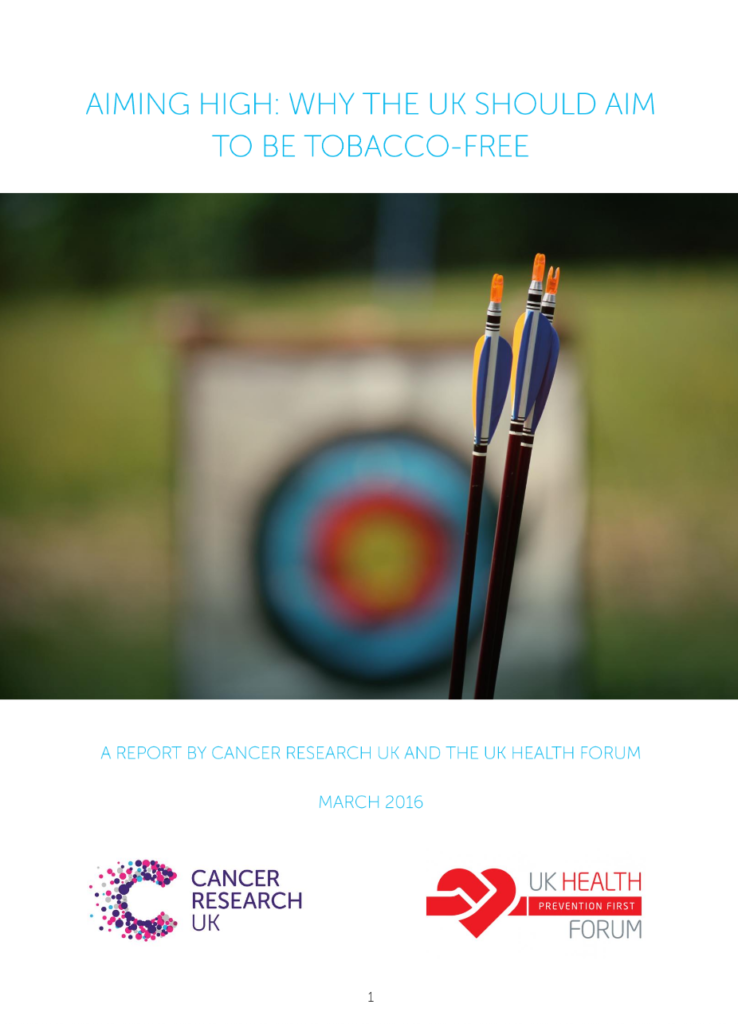
Aiming High: Why the UK should aim to be tobacco-free
Smoking is still the biggest preventable cause of cancer in the UK, and the biggest cause of premature mortality and health inequalities. This study used a state of the art simulation model to measure dynamic changes in smoking prevalence in the UK over time by age, gender, sex and socio-economic status.
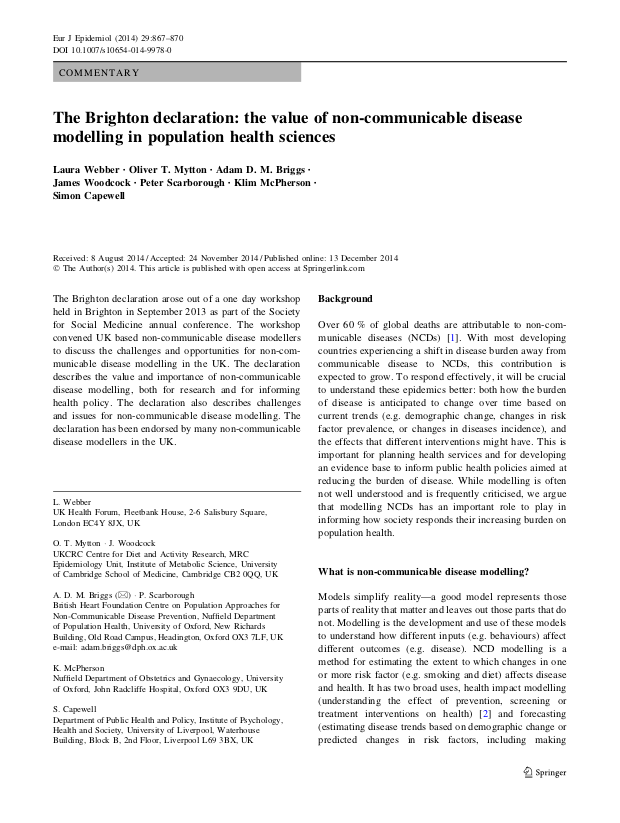
The Brighton declaration: the value of non-communicable disease modelling in population health sciences
The Brighton declaration arose out of a one day workshop held in September 2013 as part of the Society for Social Medicine annual conference. The declaration describes the value and importance of non-communicable disease modelling, both for research and for informing health policy. This article, written by the UK Health Forum modelling department, discusses the declaration.
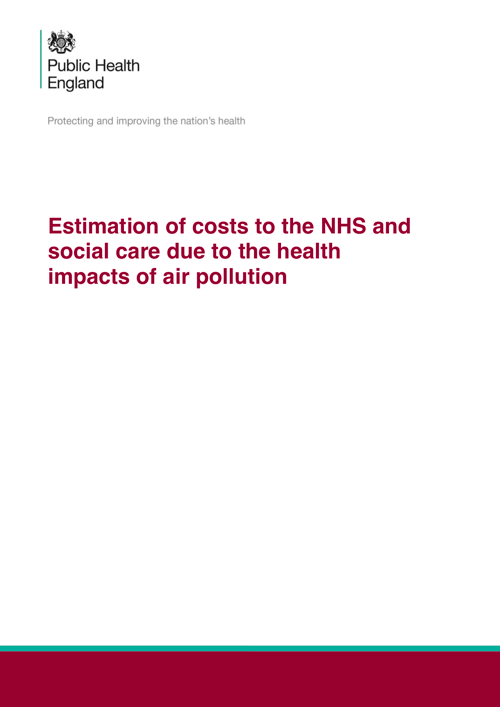
How much will tackling local air pollution save the NHS?
In 2018, we worked with Public Health England, Imperial College School of Public Health and Imperial College Business School. Together, we created a new tool that helps local authorities estimate how much they could save the NHS by taking action on air pollution.
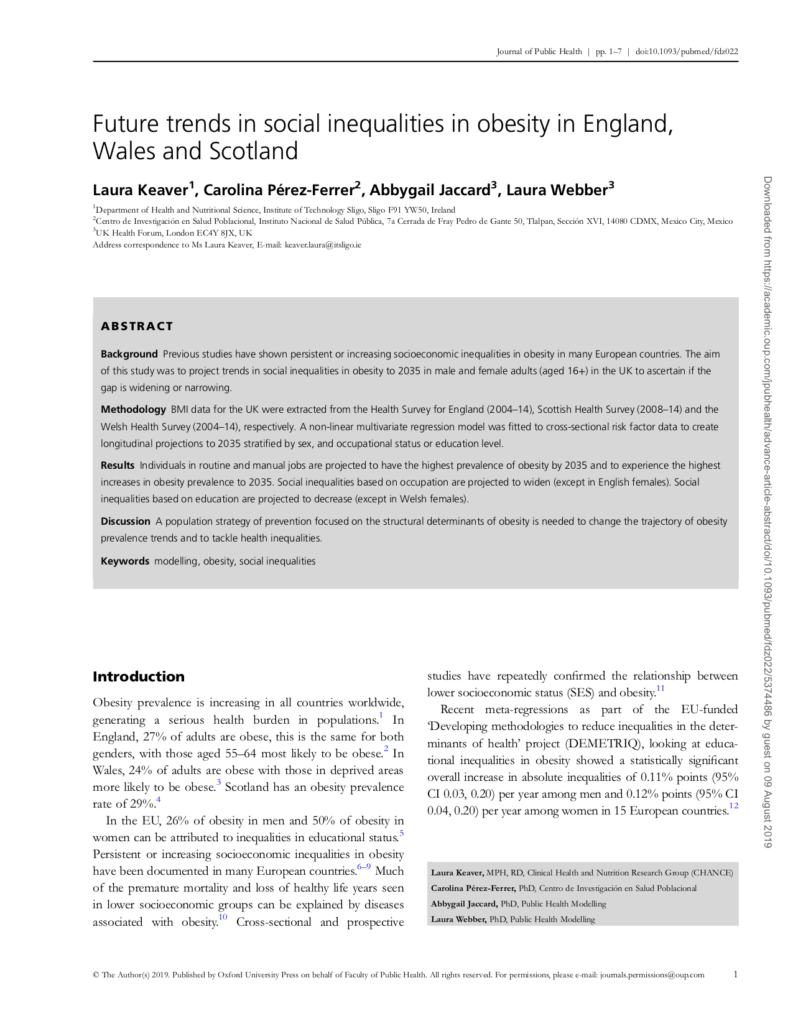
How will the types of jobs UK adults do affect whether or not they’re obese?
We looked forward to 2035 to see what kind of impact social inequality will have on obesity. We found that by then, UK people aged 16 and older working in routine or manual jobs will have the highest levels of, and greatest increases in, obesity.
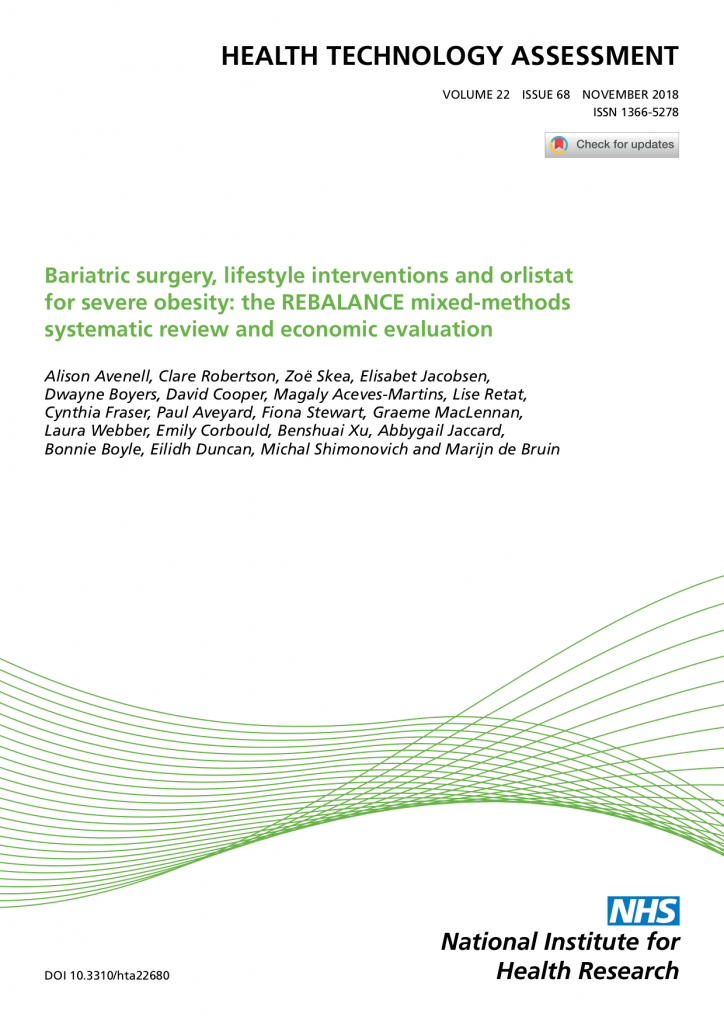
How can the NHS best help severely obese adults manage their weight?
Our REBALANCE project, a collaboration with the University of Oxford, analysed the impact of different weight management programmes on severely obese over-18 year olds. That helped the NHS assess and understand the long-term cost-effectiveness of these programs, then choose which one to go ahead with.
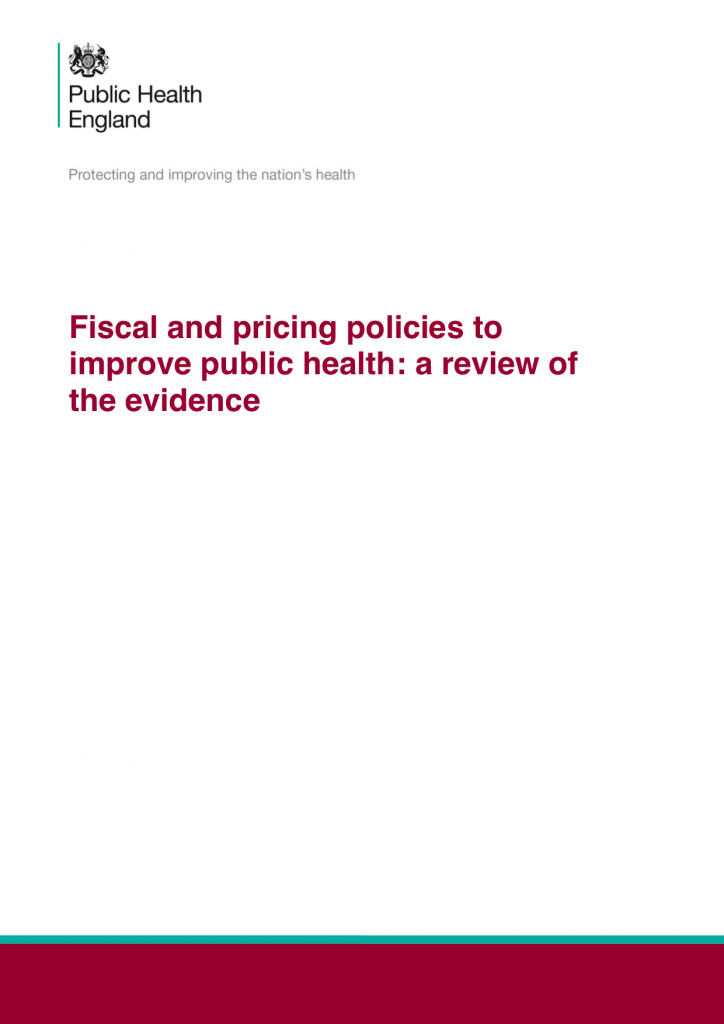
How can changing the prices of goods and services affect people’s health?
Public Health England asked us to help policy and decision makers understand how tax and pricing changes can change consumer choices, and through that improve their health. We looked at a range of different existing policies, then created a reference database of the ones that had definitely worked. It shows people where the evidence for the success of those policies is strongest and where there are gaps in the literature.